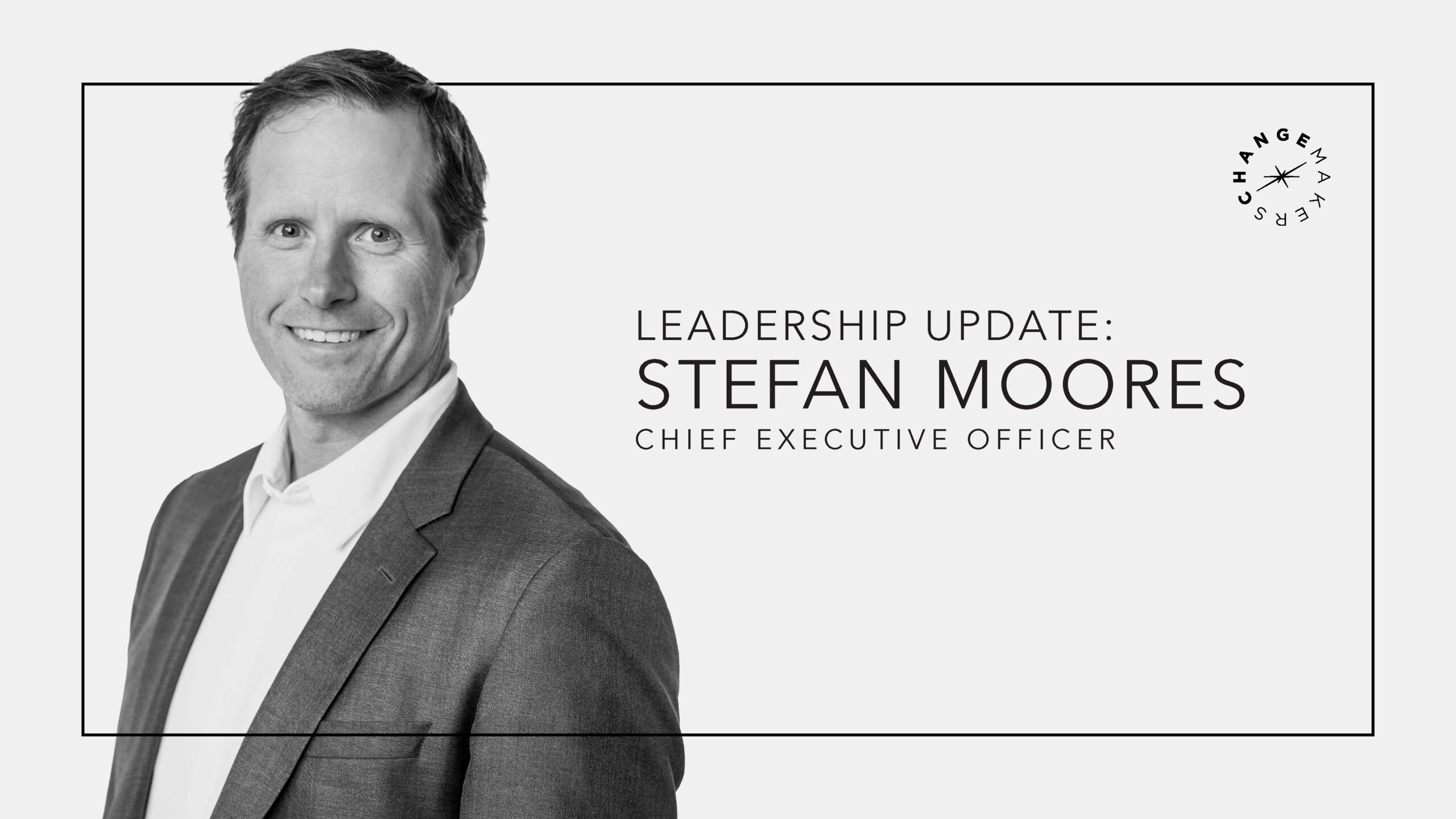The lost art of strategy: How to effectively communicate corporate values

The days of products being purchased exclusively for their utility are over. Modern consumers look beyond goods and services to the brands and companies behind them, seeking to understand their values. Communicating values has rightly become a major part of branding – as the rainbow flags, LGTBQ content and community engagement during pride month by major brands can attest. But while there is great value in values, there is great reputational danger in being perceived as inauthentic. If you position yourself as an ally in June, you had better be an ally in February – or risk the consequences.
The spring and summer of 2023 found two large companies in hot water around well-intentioned public actions related to Pride Month. ChangeMakers’ reputation experts examined these cases and the data behind them to determine how these initiatives could have been executed differently to ensure less reputational risk.
Bud Light & Dylan Mulvaney
In April 2023 Bud Light launched an influencer campaign partnership with Dylan Mulvaney, a transgender TikTok star. A limited amount of beer cans with Dylan’s image were distributed and though the campaign was limited in scope, designed to speak to Dylan’s social following, it was picked up by national media, and a massive controversy ensued.
Bud Light’s sales plummeted more than 25%, and it was knocked from its thrown as the best selling beer in US. The backlash to the partnership was harsh, and many conservatives pledged to boycott. But this was only half of the brand’s problems. Bud Light’s CEO issued only vague statements in response, neither wholly apologizing nor concretely standing by the partnership. This led to a second round of backlash, this time from liberals angry that Bud Light seemed to cave to pressure. Dylan herself put it best: “For a company to hire a trans person and then not publicly stand by them is worse than not hiring a trans person at all because it gives your customers and others permissions to be as transphobic and hateful as they want.”
Bud Light managed to offend social conservatives and then failed to support Mulvaney individually, as well as the broader transgender community leading the Human Rights Campaign (HRC) to revoke Bud Light’s “Best Places to Work” distinction.
The impact to the brand was devastating because the gulf between values and strategy was laid bare.
Target and Tuck Friendly Bathing Suits
That year, retail giant Target added new merchandise for Pride month, including tuck-friendly bathing suits for transgender women. A public backlash ensued and the retailer quickly removed the product. In response to the flurry of criticism, Target’s CEO Brian Cornell defended the merchandise, saying selling them was “the right thing for society.” But many noticed that the product was still removed from most stores, again sparking and additional round of backlash and criticism as supporters questioned whether the company’s commitment was truly authentic. If it was the right thing for society, why were they removed? If removal meant that Target was wrong, why did the do it in the first place?
Target lost more than $10B in market capitalization in the span of 10 days, with shares of stock plummeting to their lowest levels in more than three years.
Two Big Misses
Together, Target and Bud Light lost an estimated $28B in market capitalization during Pride month 2023 alone. Though the stock and reputation did eventually rebound, the sales and reputational losses were felt deeply at the company. It’s clear that neither Bud Light nor Target had a sophisticated communications strategy in place when planning for these progressive and inclusive initiatives, as well as campaigns. Their ham-fisted approaches left them unprepared for a crisis they should have seen coming in our politically and socially divisive society. And worst of all, it alienated shareholders and stakeholders alike.
So, does that mean companies should abandon their efforts to promote and live their values entirely, and never fight for social change? No. It’s still vitally important for companies to have, and deliver on, their values. What is important though, is that it remains authentic.
Two Upheld Promises.
Two companies in particular – on competing ends of the political spectrum – execute on their promises seamlessly, leaving consumers with full authority to buy what they are selling. Or not.
Chick-fil-A, widely known for its conservative and Christian values, has consistently and proudly expressed its beliefs throughout its brand identity. Their purpose is clear for all to see: “To glorify God by being a faithful steward of all that is entrusted to us. To have a positive influence on all who come into contact with Chick-fil-A.” Despite facing controversy and boycotts through the years – primarily around which charitable organizations the company gives to— Chick-fil-A has remained steadfast in its position while growing exponentially. Owning their values and staying true to company beliefs have been crucial to continued success, even if it means facing challenges from opposing viewpoints along the way.
Similarly, in 2022 the beloved Ben & Jerry’s brand announced that their ice cream would no longer be sold in occupied Palestinian territories, citing concerns about violations of human rights and international law which went against their stated values and commitments to social justice. This decision sparked both support and criticism including concerns for economic impacts to Palestinians, double standards for not stopping sales elsewhere, and belief that it was too politically motivated. A legal battle ultimately changed the companies stance, but Ben & Jerry’s ultimately stayed true to their values and remained clear and consistent on their stance, maintaining their strong and loyal customer base.
Value Authenticity.
Chick-fil-A and Ben & Jerry’s have an inherent advantage — the positions they take are nothing new to their consumers. It’s who they’ve always been. Many liberals eat at Chick-fil-A and conservatives buy Ben & Jerry’s despite disagreeing with certain aspects of their political views. Why? Because it’s not a surprise. In many cases, it’s also not “in your face” as the central focus of national marketing campaigns. It’s truly authentic. And if these organizations are questioned, they respond quickly with statements and actions that lean into their corporate values. Consumers respect companies who are true to themselves and do not appear to be cashing in on a particular social or political movement.
Bud Light, on the other hand, has generally strayed from seemingly political issues because they were “above” the noise, as a “beer for everyone.” Target is similar in its appeal to families who want reliable clothes and products at a reasonable price point. But instead of playing into their strengths, both brands “jumped the shark” with firm positions that forced their customers to take a side on one of the most divisive issues in society today. To make matters worse, their subsequent backtracks jeopardized the support of the very audience they were trying to reach and respect.
Our team at ChangeMakers counsels corporate clients who want to express their values in a way that supports their business goals, whether that means expanding market share, increasing employee engagement, building customer loyalty, or advancing shareholder interests. The reality is, no matter what a national or global survey says is “best practice,” every company is different.
There is not one-size-fits all approach. That’s why we typically adhere to the following core principles when advising our clients:
- Know your corporate values. It seems simple, but executives in marketing departments and executives in finance don’t always share the same priorities. This is especially true considering the left-leaning groupthink that is prevalent in marketing. What are the values that bond your C-Suite, employees, and customers together? Is it truly authentic or is it forced? If it’s diversity and inclusivity — that’s terrific. But the resulting tactics to express that must resonate with all stakeholders in a way that strengthens market share and advances the company’s core goals.
- Look in a mirror first. Diversity, equity and inclusivity work starts inside your organization. A corporation and its employees can be genuine allies without the public fanfare. Often more effectively than a business that hangs a rainbow flag June 1 and takes it down June 30. Will your actions be viewed as performative by your employees, their families and those you are saying you stand by?
- Know your customers. Again, this may seem simple, but the backlash in the Bud Light and Target example was predictable. ChangeMakers proprietary Data Intelligence software does just that: analyzes customer, industry and other data that helps form a successful marketing and communications strategy that still achieves corporate goals (in the case for Target and Bud Light, supporting the transgender community). Here are two examples:
- Online audiences were resonating with content that suggested Bud Light is for “manly” men. A TikTok with over 25K likes from May 2022 that continues to circulate today shares two friends singing a song about their preference for Bud Light over seltzers. To the tune of Ice Ice Baby by Vanilla Ice they sing: Don’t be a pansy…. Sh*t ain’t manly…Bud Light, Baby. These lyrics coupled with the high-level engagement shows a broad audience of users expecting Bud Light to be enjoyed by someone who is “manly”. The high engagement should have been a red flag for Bud Light—in their current landscape and based on their audience’s current mindset—a transgender female at the forefront of an online campaign would come as a surprise to these users.
- Red states were driving Bud Light related activity. Demographics of those discussing Bud Light before the Mulvaney partnership show Texas City/Texas as the leading region, accounting for more than 10% of activity the 12 months prior. During this time, Texas lawmakers passed bills banning puberty blockers and hormone therapy for transgender kids, restricted college sports teams trans athletes can join, and expanded the definition of sexual conduct in a way that could include drag performances. Users from Florida, a state passing similar types of legislation, accounted for the fourth largest share of Bud Light mentions, approximately 7%.
- Combined, these two conservative-leaning states drove almost a fifth of the worldwide Bud Light activity in the past year. This should have been another consideration—are they comfortable sparking criticism from a notable portion of their online supporters by partnering at this time, and in this way, with Mulvaney?
- Doing nothing is an option. Contrary to many marketing and communications professionals who tend to always recommend action to justify a high retainer, sometimes doing nothing – or doing it with a lighter touch – is the most strategic option. Warren Buffett’s famous quote applies here: “Rule number one is to never lose money. Rule number two is never forget rule number one.” While this is easier said than done in investing, it’s also easily applicable in communications. Always examine the downside before becoming too enchanted with the potential upside. Reputation now accounts for roughly 70% of corporate value. Nothing is more important than protecting it.
ChangeMakers works diligently to understand our clients’ corporate goals and then help achieve those objectives through the most sophisticated data, strategy and tactical execution possible. But above all, we help foster authenticity as the best way to protect reputations and grow your brand and market.



